Our goal is to establish an interoperable and scalable research data infrastructure in agricultural systems research and beyond. This is how we make research data FAIR and enable genuine knowledge transfer.
To address the resulting challenges, we have formulated several use cases focussing on the concepts and services developed by FAIRagro. They address domain- and discipline-specific challenges that we have scaled to benefit the entire agricultural system community. New use cases will be added to the portfolio.
On this page you will find the description of the currently existing use cases and their tasks. We have also compiled current reports on the status quo of the individual use cases for you.
FAIRagro Use Cases – an interactive map
Our interactive Use Case (UC) and Use Case Pilot (PL) map provides an overview of the current FAIRagro Use Cases and Use Case Pilots. It shows which data resources they use, which semantic artifacts are relevant for their work and which workflows are being developed.
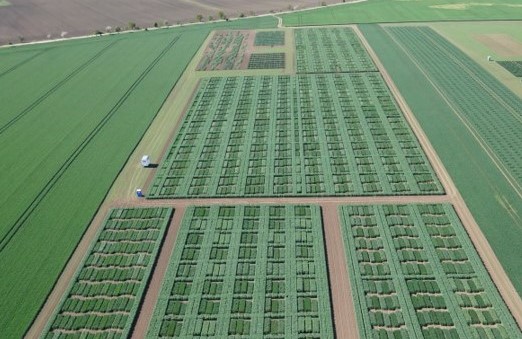
Use case 1: Exploiting genotype × location × year × management interactions for sustainable crop production
This use cases addresses challenges in breeding of crops and will exploit possibilities to build up required data management processes that enable genotype × location × year × management interactions.
Partners:
Leibniz Institute of Plant Genetics and Crop Plant Research (IPK)
University of Hohenheim

Use case 2: Assessing tradeoffs for optimal crop nitrogen management
This use cases addresses challenges for process-based crop model applications to optimize nitrogen use.
Partners:
Leibniz Centre for Agricultural Landscape Research (ZALF)
Thünen Institute, Helmholtz Centre for Environmental Research (UFZ)
Deutscher Wetterdienst (DWD)
Georg-August University Göttingen

Use case 3: Streamlining pest and disease data to advance integrated pest management
This use cases addresses challenges in pests and diseases management.
Partners:
Federal Research Centre for Cultivated Plants (JKI)
Zentralstelle der Länder für EDV-gestützte Entscheidungshilfen und Programme im Pflanzenschutz (ZEPP)
Informationssystem für die integrierte Pflanzenproduktion (ISIP e.V.)

Use case 4: Learning from incomplete data
This use cases addresses challenges how to deal with incomplete data on the case of data from long-term experiments.
Partners:
Leibniz Centre for Agricultural Landscape Research (ZALF)
Information Centre for Life Sciences (ZB MED)
University of Bonn
World Agricultural Systems Center of Technical University Munich

Use case 5: Noninvasive phenotyping with autonomous robots
This use cases showcases the potential of multimodal data analytics methods and machine-learning algorithms for in-field plant phenotyping.
Partners:
Forschungszentrum Jülich (FZJ)
University of Bonn

Use case 6: Automated data flows for crop simulation models
This use cases addresses data challenges with respect to the calibration and application of crop models.
Partners:
Technical University Munich
Bayerische Landesanstalt für Landwirtschaft
Weihenstephan-Triesdorf University of Applied Sciences
Directorate General of the Bavarian State Archives
Leibniz Institute for Agricultural Engineering and Bioeconomy

Use case 7: Next-Generation Environmental and eXtended Tools for Extreme Events & Plant Resilience Assessment (NEXT-Gen-EXPERT)
This use case focuses on the development of automated tools for impact assessment of climate events.
Partners:
Leibniz Centre for Agricultural Landscape Research (ZALF)
TUM School of Life Science (TUM)
Deutscher Wetterdienst (DWD)
German Climate Computing Centre (DKRZ)

Use case 8 (Pilot): Increasing FAIRness of FAIRagro data through AI supported metadata enrichment
This use case pilot deals with the possibilities of AI-based methods to support the enrichment of metadata in order to improve the FAIRness of data in the context of agrosystems research.
Partner:
Informationszentrum Lebenswissenschaften (ZB MED)
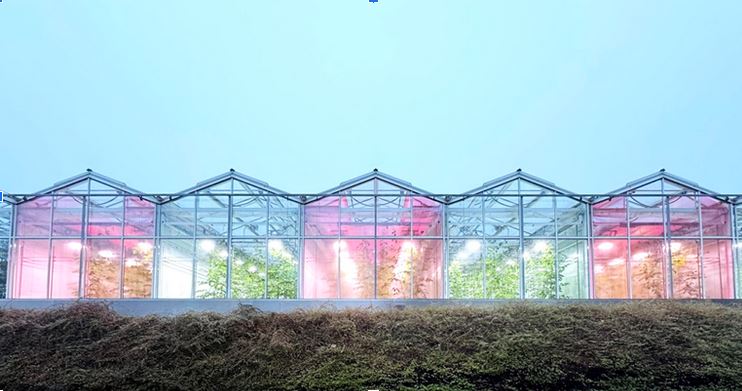
Use case 9 (Pilot): *finished* Systematic Approaches for Efficient Data Synchronization in Horticultural Sciences (HortSEEDS)
This use case is finished and did focus on the development of a prototype for the harmonization of data and metadata for a standardized process of horticultural experiments.
Partner:
Leibniz Institute of Vegetable and Ornamental Crops (IGZ)
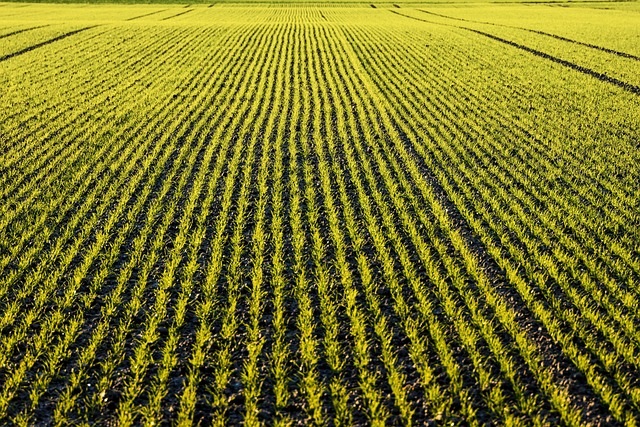
Use case 10 (Pilot): Diving into arable weed data to link biodiversity and farming (WeeDive)
This use case pilot deals with strategically offering knowledge to join food security and biodiversity conservation goals in arable management and providing FAIR data therefor.
Partner:
University of Rostock
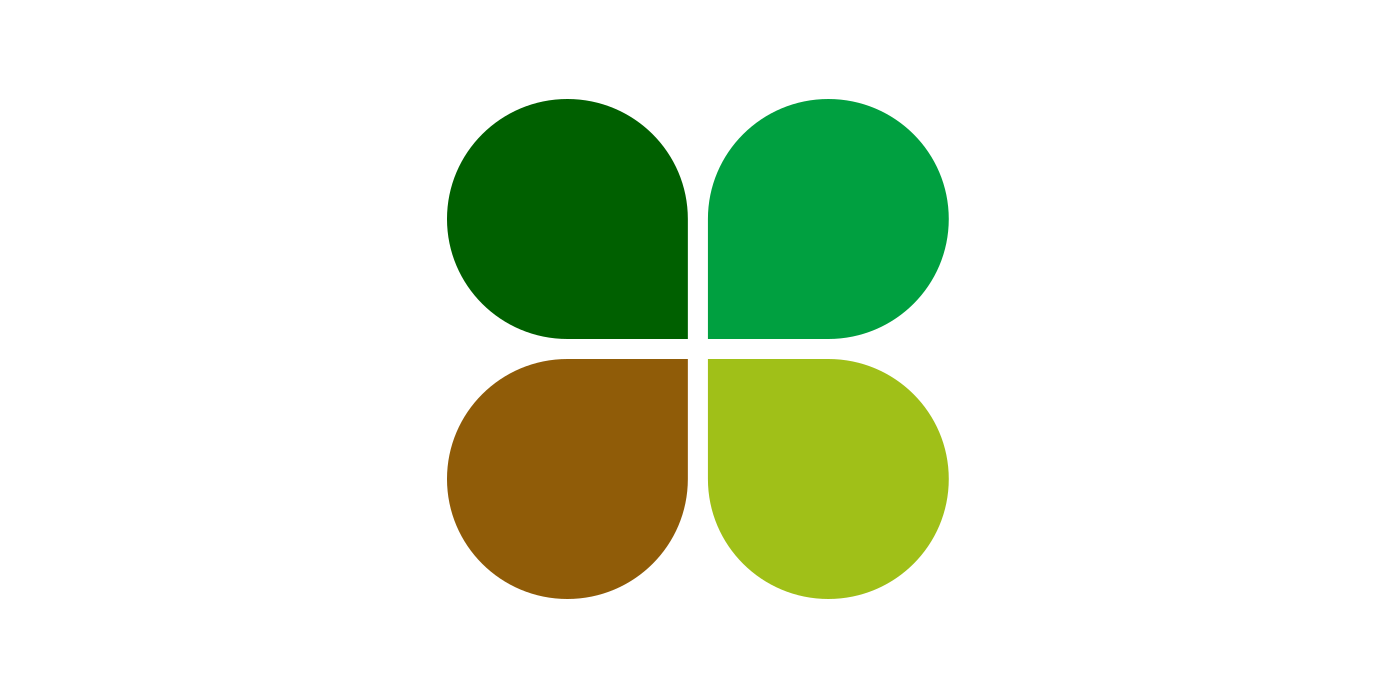
Use case 11 (Pilot): BrAPI Integration on PSI Hardware
This use case deals with the integration of an open, standardized interface (Breeding API) to make the proprietary data management systems available in the PhenoSphere system FAIR.
Partner:
IPK Gatersleben
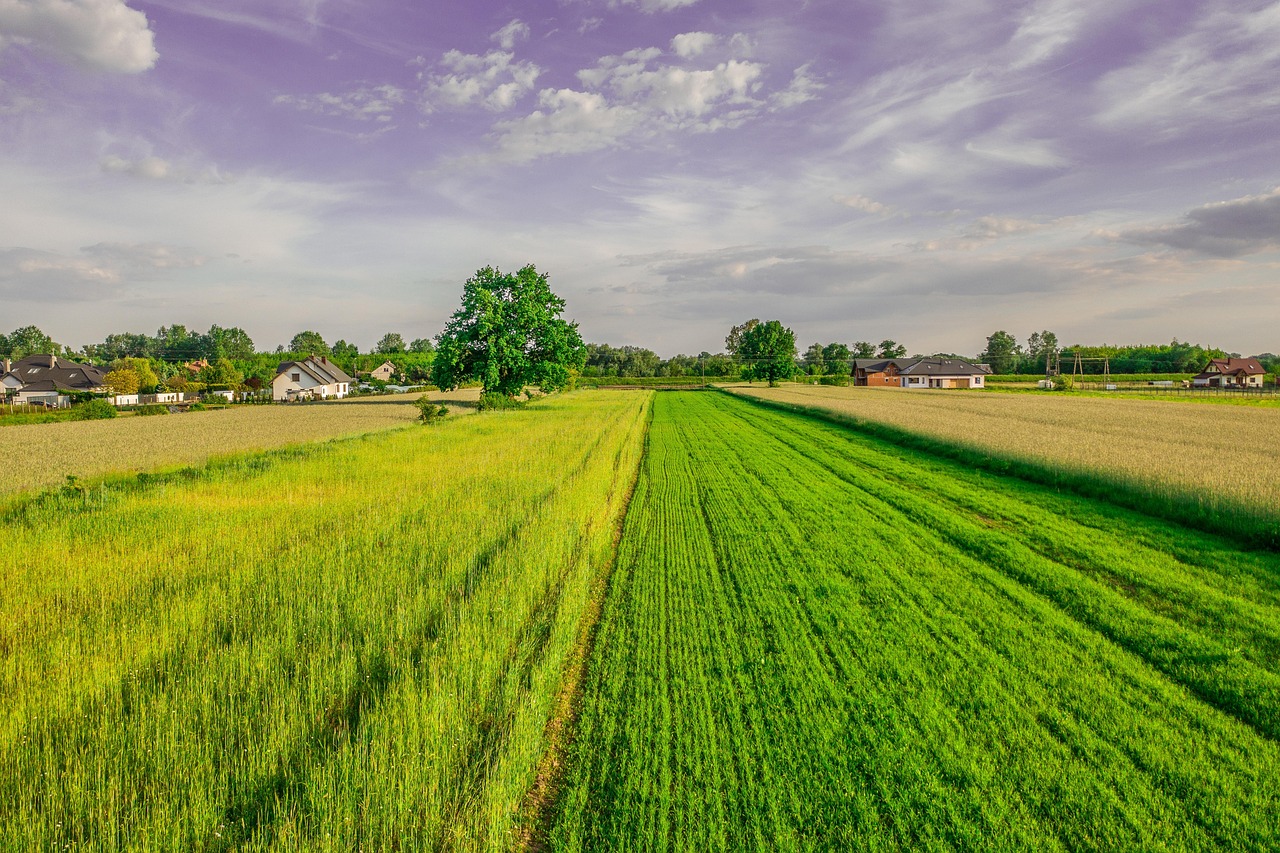
Use case 12 (Pilot): Linking Agrosystem Data with Socio-economic information
This use case extends existing information on agricultural systems to include socio-economic information and establishes a link between these areas – with a focus on agricultural land markets.
Partner:
HU Berlin


